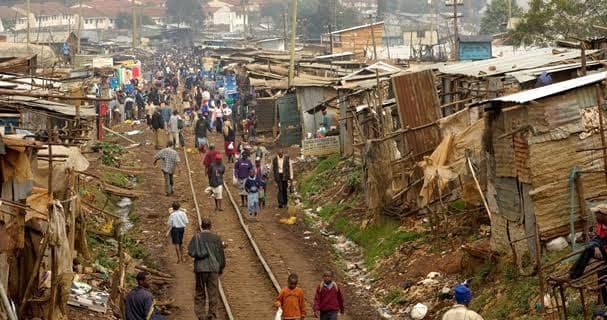The United Nations (UN) says an estimate of 768 million people across the world faced hunger last year due to the COVID-19 pandemic – the highest since 2005.
The last time the world experienced such food insecurity was 2005, and by 2018, it declined to 113 million.
The UN stated this in its annual report titled, “State of Food Security and Nutrition in the World,” released on Monday.
The report is jointly published by the Food and Agriculture Organization (FAO), International Fund for Agricultural Development (IFAD), UN Children’s Fund (UNICEF), World Food Programme (WFP), and World Health Organization (WHO).
Advertisement
It disclosed that conflict, climate variability and extremes, and economic slowdowns and downturns were the major drivers of food insecurity and malnutrition in 2020.
“Unfortunately, the pandemic continues to expose weaknesses in our food systems, which threaten the lives and livelihoods of people around the world,” the report read.
“Between 720 and 811 million people in the world faced hunger in 2020. Considering the middle of the projected range (768 million), around 118 million more people were facing hunger in 2020 than in 2019.
Advertisement
“Nearly one in three people in the world (2.37 billion) did not have access to adequate food in 2020 – an increase of almost 320 million people in just one year.
“Close to 12 percent of the global population was severely food insecure in 2020, representing 928 million people – 148 million more than in 2019.”
According to the report, Africa had the sharpest rise in hunger last year, with 282 million undernourished people living in the continent.
Nigeria was among six other countries (Burkina Faso, Jordan, Lebanon, Pakistan, Ukraine and Yemen) that experienced climate-related disasters due to high levels of acute food insecurity.
Advertisement
The UN projects that global hunger will decrease by 9 percent to 710 million people in 2021, while about 660 million people may still face hunger in 2030 due to the lasting effects of COVID-19 on global food security.
It explained that the sustainable development goal (SDG) for zero hunger and ending all forms of malnutrition would be more challenging to achieve by 2030.
In overcoming hunger and malnutrition, the UN advised countries to integrate humanitarian, development and peacebuilding policies in conflict-affected areas; scale up climate resilience across food systems; strengthen the resilience of the most vulnerable to economic adversity.
It also asked countries to intervene along supply chains to lower the cost of nutritious foods, tackle poverty and structural inequalities, ensure interventions are pro-poor and inclusive.
Advertisement
Meanwhile, the federal government had launched a steering committee on national poverty reduction with growth strategy (NPRGS).
President Muhammadu Buhari said his government is committed to lifting 100 million Nigerians out of poverty in ten years, with a “simple and commonsense strategy”.
Advertisement
Add a comment






